Boxes filled with thousands of used board games, books, dolls, Matchbox cars and more lined a driveway in Portola Valley last week. It was distribution day for The Toy Project, a nonprofit started by a local teen to help solve two problems: providing toys to kids in need during the holidays and stopping loads of playthings from ending up in landfills.
Learning from home during the first couple of months of the COVID-19 pandemic, Sarah Weintraut, 16, the group's founder, had free time on her hands and looked for a project to tackle.
"My mom told me that parents need a resource to donate toys their kids discard," said Weintraut, now a sophomore at Menlo-Atherton High School. "(Some) toys are left untouched; kids swear on their life they love it at the store, then never touch it."
Unlike most other toy drives, Weintraut's group, which is co-founded by fellow La Entrada Middle School graduates, accepts used items. Most toy drive organizers ask for unopened, new toys, she noted.
Weintraut said response from local residents has been "astounding." Last year, its first in existence, the nonprofit served over 400 children. In total, it collected between 3,000 and 4,000 toys, she noted. The teens work with the Society of St. Vincent de Paul to help distribute the donations to socioeconomically disadvantaged kids in East Palo Alto.
"Parents know the toys they bought are going to a better place," she said.
Weintraut collected items at several donation bins at locations such as M-A, La Entrada Middle School, Burgess Pool in Menlo Park, Alpine Hills Tennis and Swimming Club and Bianchini's Market. She doesn't have her driver's license, so her dad acted as chauffeur and she stashed the toys at his home.
Weintraut said she first became environmentally aware as a seventh grader and student in science teacher Whitney Thwaite's class at La Entrada Middle School. She watched the documentary "50 Minutes to Save the World" and learned that most plastic can't be recycled.
Thwaite said Weintraut's "dedication to making the world a better and healthier place will continue throughout her life."
At least 14 million tons of plastic end up in the ocean every year, according to the International Union for Conservation of Nature's website, and marine wildlife eat or are entangled in plastic debris. Plastic pollution also threatens food safety and contributes to climate change, it said. Weintraut said plastic toys play a part in that pollution since kids grow out of toys quickly.
Weintraut and her co-founders plan to keep the collection and distribution annual since they don't have the time to manage the nonprofit year-round now that in-person learning and sports have resumed.
"We're teenagers too," she said. Logistically, she said, storing toys at parents' homes isn't "going to fly" all year long. They've also discussed creating an app to post about used toys.
The group is recruiting volunteers to lighten the workload for the current members. The Toy Project has surplus toys it needs to distribute. To help it find groups that can dole out the items, email thetoyproject.team@gmail.com.
Go here for more information.
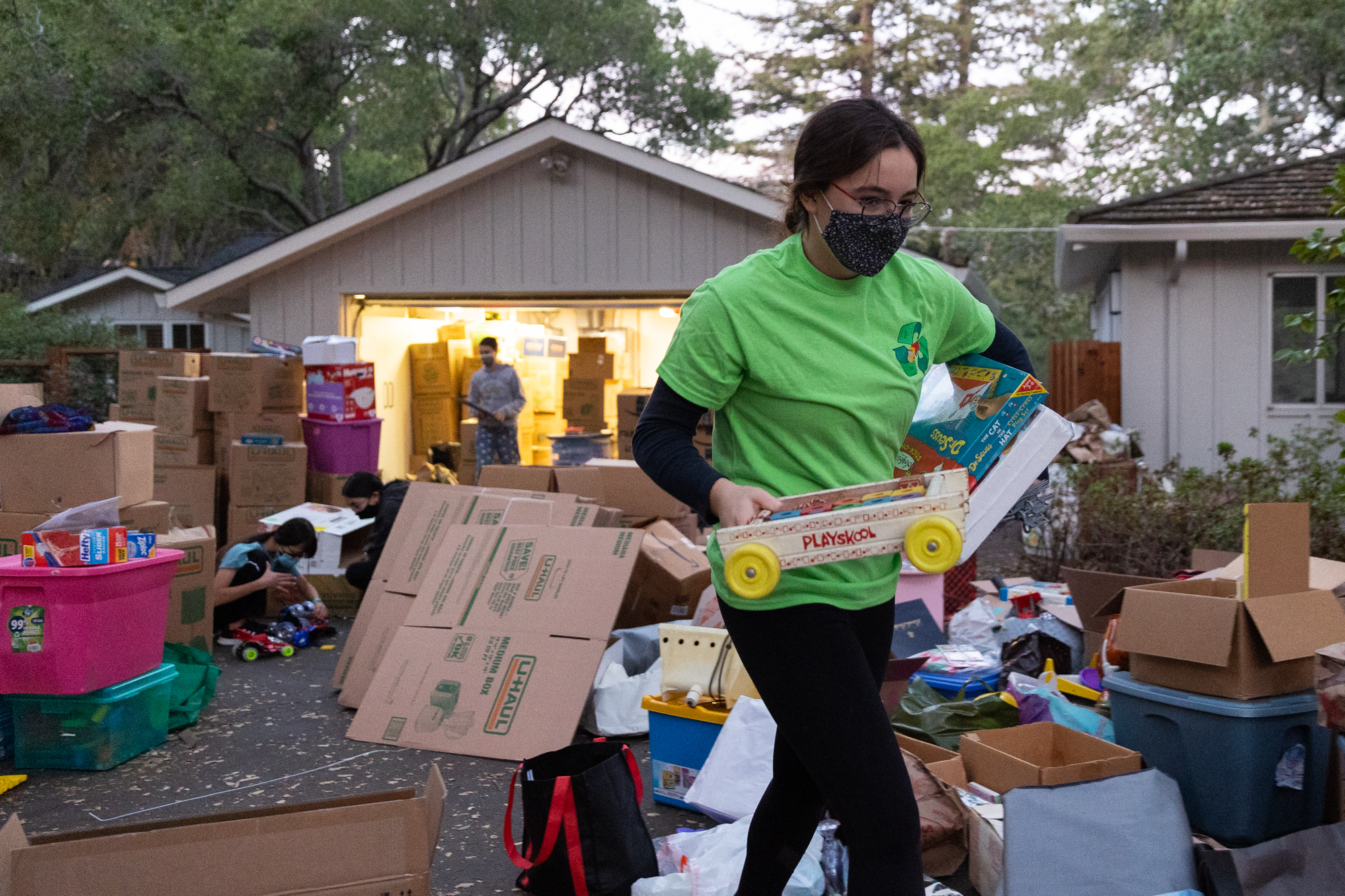
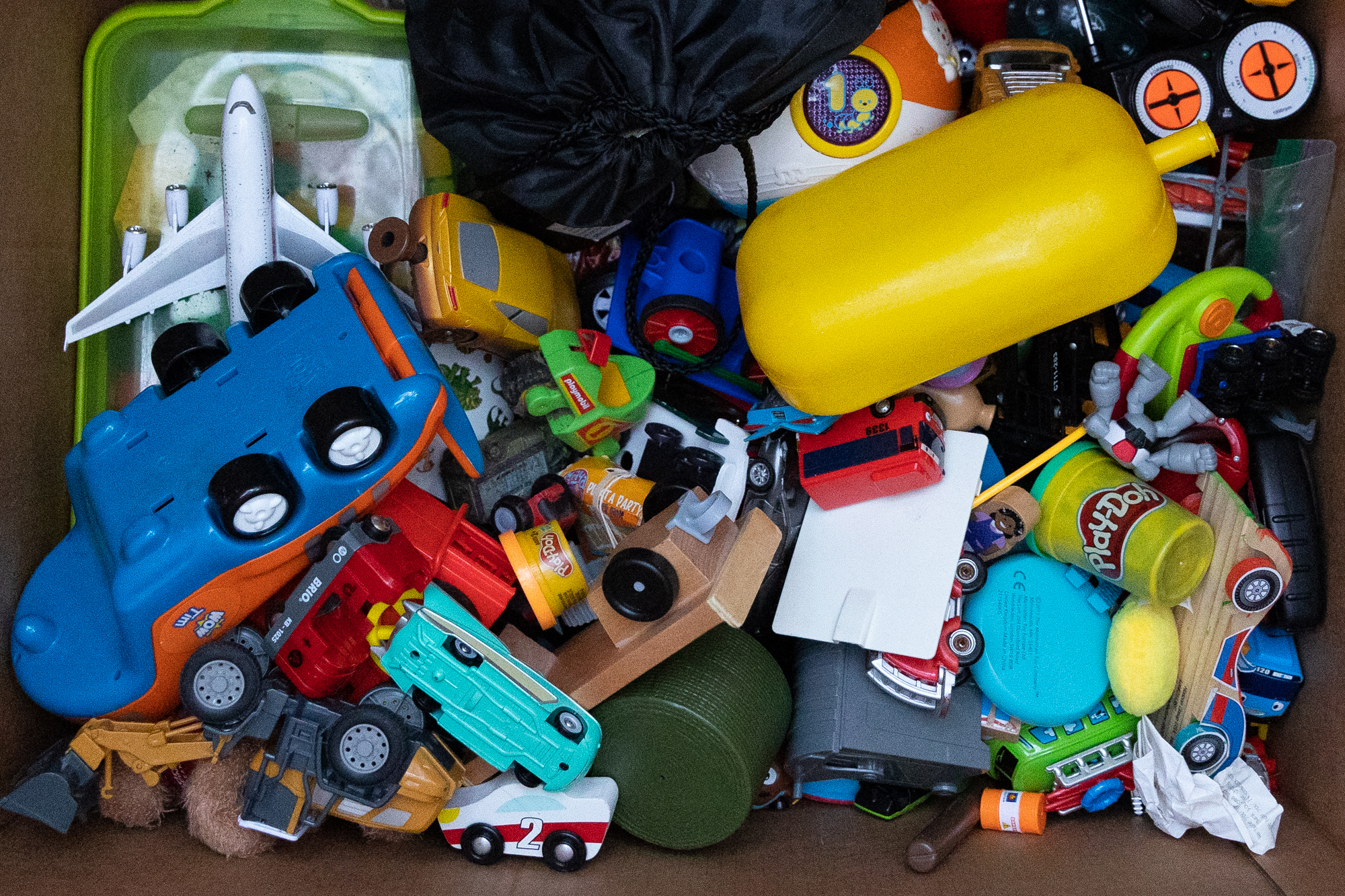
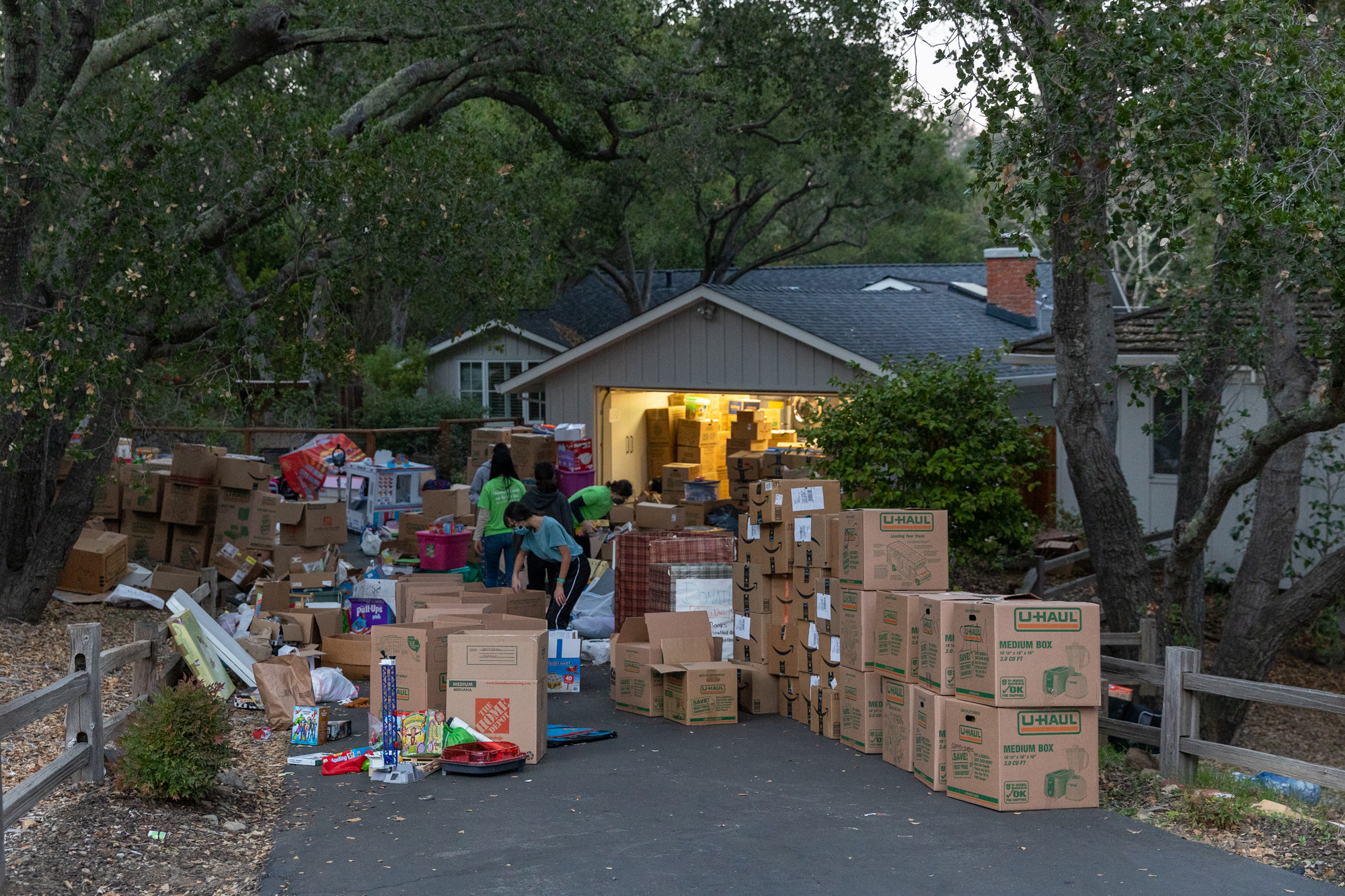
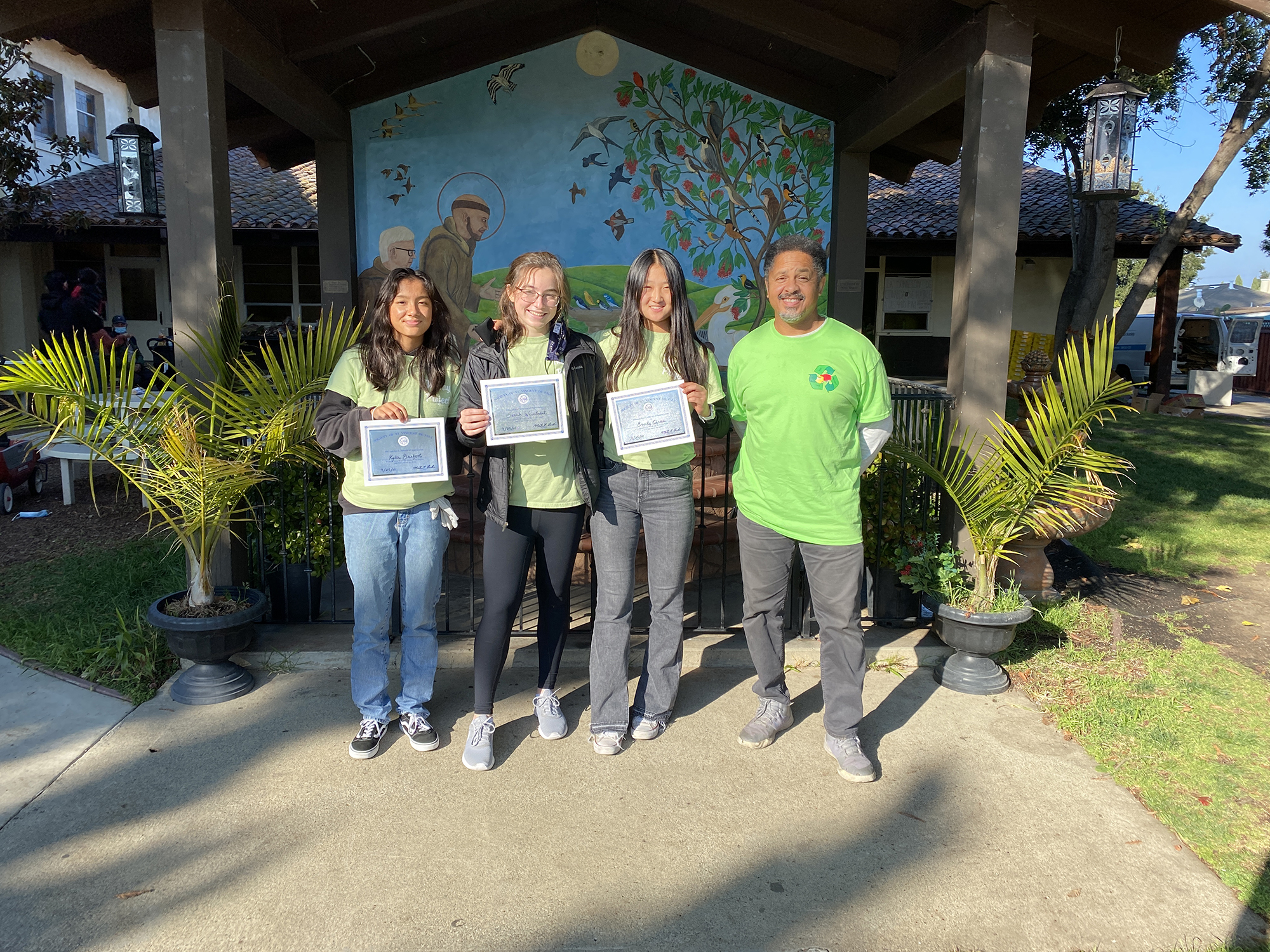
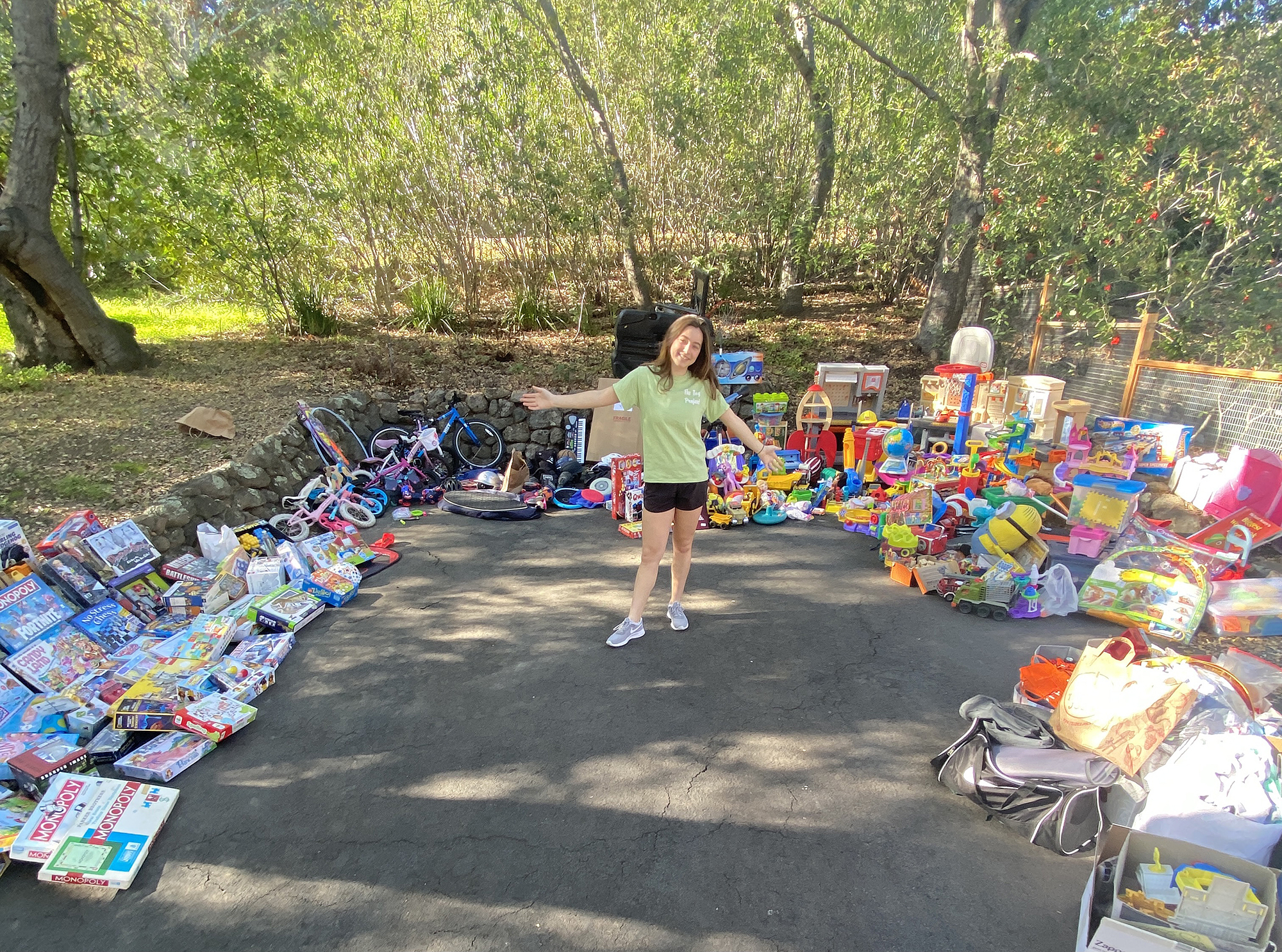


Comments